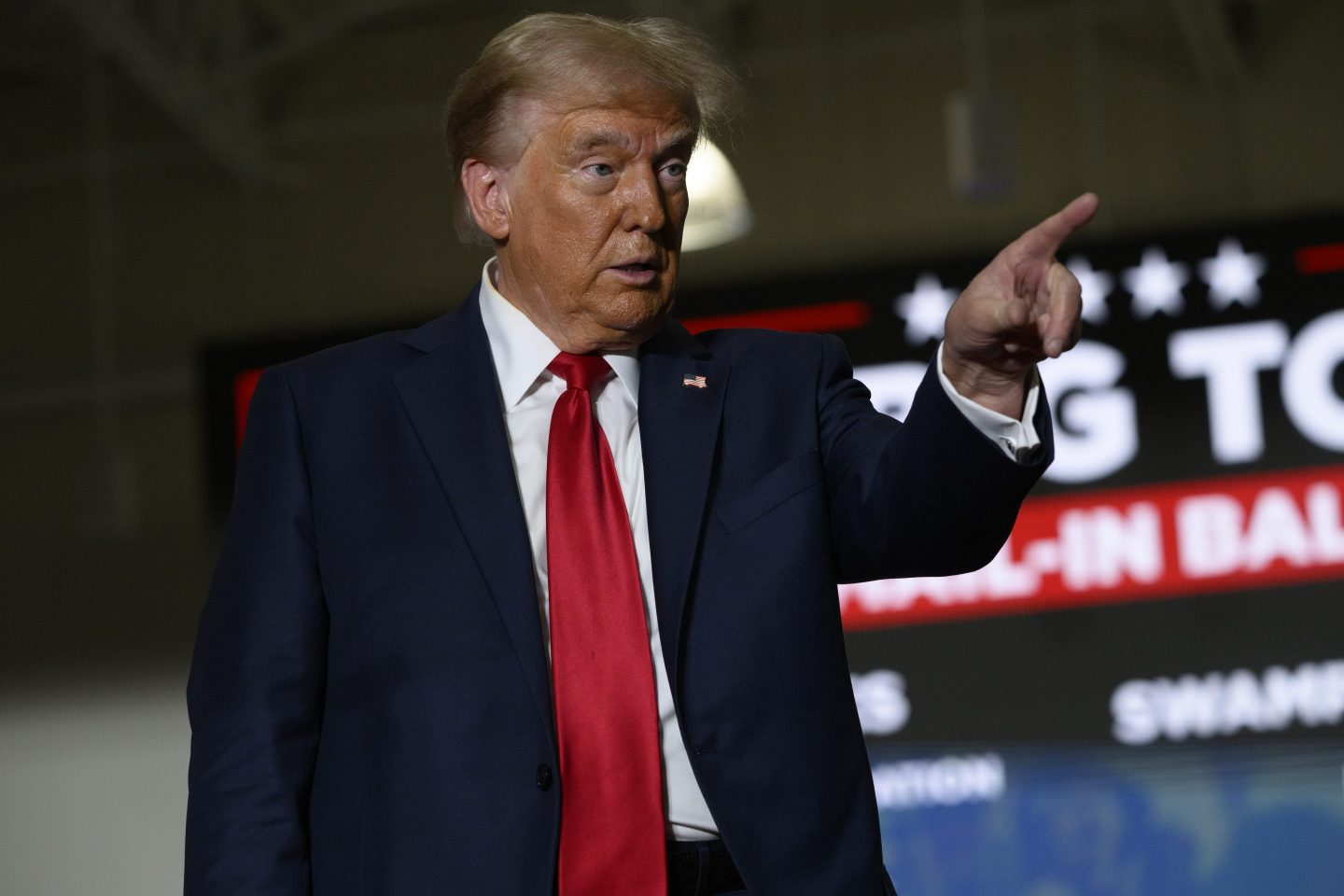The recent decision by the U.S. government to establish a strategic Bitcoin reserve has stirred debates within the financial world. However, Marion Laboure, managing director and macro strategist at Deutsche Bank, views this move as unsurprising, calling it a continuation of the ongoing evolution in the cryptocurrency space.
In a recent interview, Laboure commented on Trump’s Bitcoin reserve initiative, emphasizing that it doesn’t mark a groundbreaking shift. According to her, the growing institutional interest in crypto has been evident since last year, making this latest move more of a formal acknowledgment rather than a novel development.
“I would see it more like a reclassification,” Laboure said. “Nothing really new, considering the numerous discussions and gradual adoption of digital assets that gained momentum in mid-2024.”
Her comments reflect a broader perspective among financial analysts who believe that the government’s decision aligns with the existing trajectory of cryptocurrency adoption. While some expected immediate large-scale Bitcoin purchases to bolster the reserve, the policy focuses instead on budget-neutral strategies that will gradually expand the reserve without increasing taxpayer burdens.
Bitcoin’s Growing Role in Financial Strategy
Trump’s decision to establish a Bitcoin reserve comes amid rising global interest in cryptocurrency as a hedge against economic uncertainty. Some proponents, including prominent figures like Michael Saylor, have suggested that the U.S. could sell portions of its gold reserves to acquire Bitcoin. However, the current approach appears more cautious, aiming to grow the reserve over time while exploring the benefits of a diversified financial strategy.
Laboure, however, remains skeptical about the broader crypto market. While she acknowledges Bitcoin and Ethereum as the dominant and most stable digital assets, she cautioned against viewing all cryptocurrencies as viable investments. According to her, the market remains highly volatile, and many cryptocurrencies are at risk of crashing.
“Beyond Bitcoin and Ethereum, the majority of cryptocurrencies lack resilience. Many are speculative in nature and will likely fail,” she added.
Crypto’s Continued Evolution
While Laboure’s perspective downplays the significance of Trump’s Bitcoin reserve, it underscores the normalization of cryptocurrency within mainstream financial systems. Institutions and governments worldwide are gradually recognizing digital assets as part of their financial reserves, and the U.S. decision reflects this broader trend.
Despite skepticism from traditional financial players, the increasing integration of blockchain technology and regulatory frameworks is shaping a more stable environment for digital assets. Laboure’s assessment highlights the evolving landscape where Bitcoin serves not only as a speculative asset but also as a strategic financial tool.
Looking Ahead
While Trump’s Bitcoin reserve policy may not have shocked industry insiders, it marks a symbolic step in the acceptance of cryptocurrency at a governmental level. Whether this initiative proves beneficial in the long run will depend on how effectively the reserve is managed and whether Bitcoin continues to maintain its position as a store of value.
For now, Laboure’s views suggest that the financial world remains divided. While some see Bitcoin as a revolutionary financial instrument, others remain cautious about the risks and uncertainties surrounding the broader crypto market. One thing remains clear — crypto’s evolution is far from over, and its role in global finance will continue to grow.

